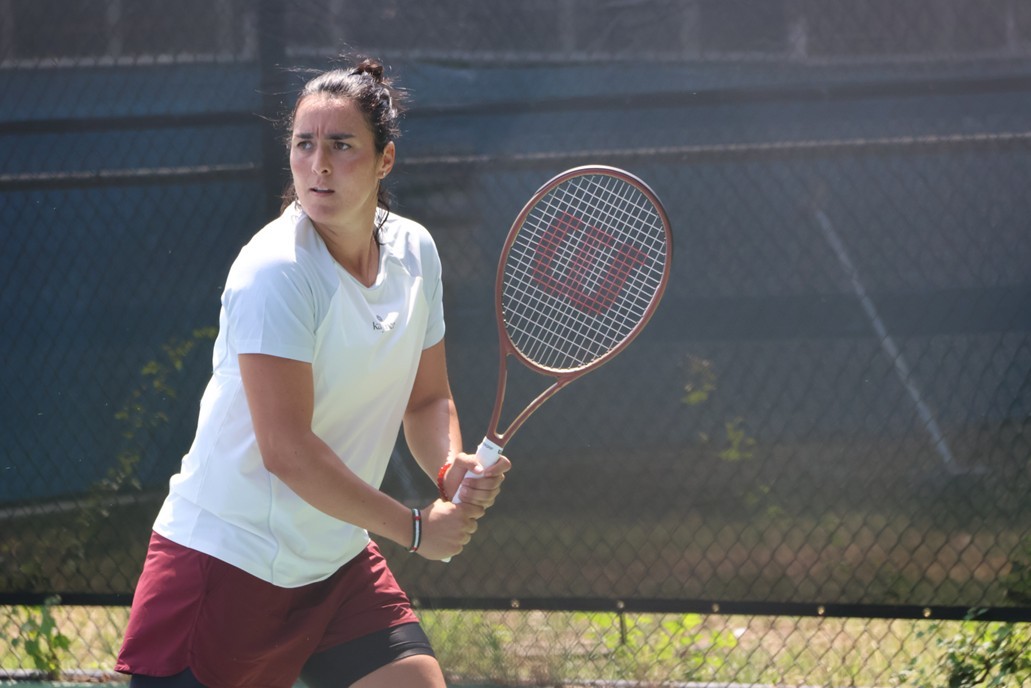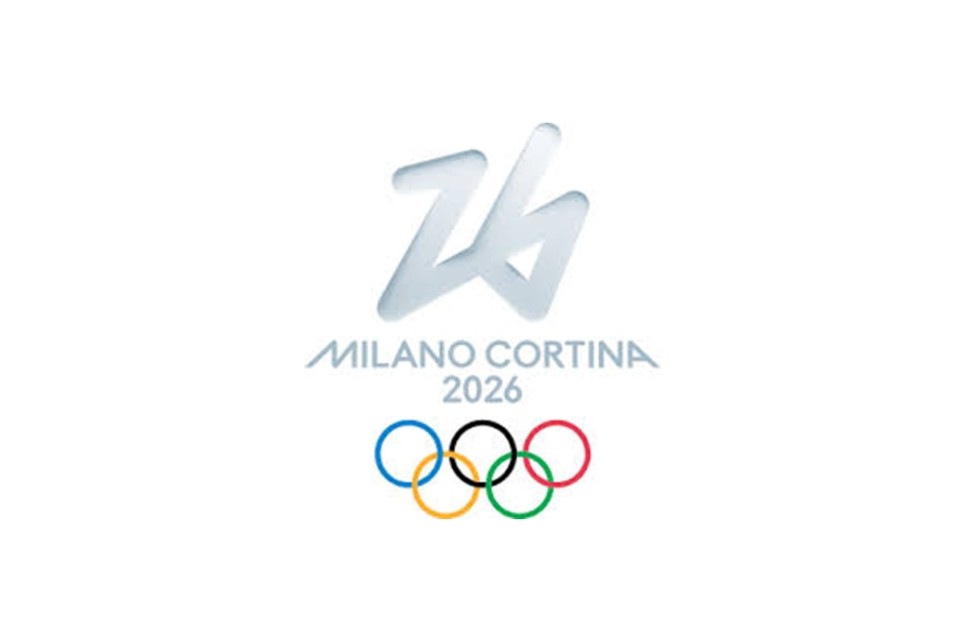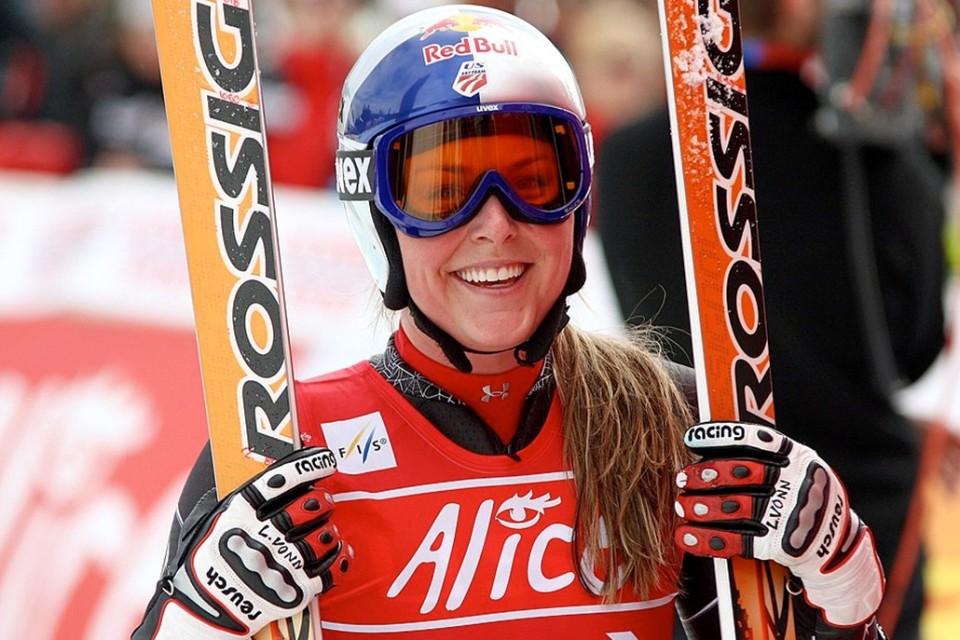Thu, November 06, 2025
Former world number 2 tennis player Jabeur facing mental health battle due to demanding schedule

Former world number 2 Tunisian tennis player Ons Jabeur has vocalised her mental health struggles due to a demanding schedule. Under current Women’s Tennis Association (WTA) rules, top players are expected to compete in all four Grand Slams - the Australian Open, the French Open, Wimbledon and the US Open - 10 WTA 1000 tournaments, which is a category of elite professional tennis tournaments on the WTA Tour, where the winner of the singles event earns 1,000 ranking points, and 6 WTA 500 events, which are still a significant part of the Tour, with the winner earning 500 ranking points. Skipping such events results in zero points on their ranking, naturally impacting standings.
Former world number 2 Ons Jabeur has spoken out regarding this schedule and how she will now take control so that it does not consume her anymore: “I suffered a lot, mentally more than physically. But my body was screaming for help for a long time. I haven't listened. I think I had depression without even knowing and people call me the ‘Minister of Happiness’…
I was sad for a long time. I'm putting myself first. That's a huge step.”
Jabeur had to take a break from competition in July as she was overwhelmed. She has since set up the Ons Jabeur Academy to make a difference within the sport. It is set to open in Dubai shortly and will focus on personalised training and youth development.
Other top players, including Naomi Osaka, Emma Radacanu, Daria Kasatkina, Elina Svitolina and Paula Badosa have ended their seasons early.
Jabeur also previously voiced: “I hope the tennis community will listen to us and lower some of the tournaments. It's piling up, for example, Doha (9-15 February 2025) and Dubai (16-22 February 2025)…
I want to play there, but two WTA 1000 tournaments in a row? It's too much. I feel they want to add more. Also two-week WTA 1000 tournaments. I don't know whose idea it was…none of the players like it.”
The WTA has expressed that “athlete welfare is a top priority” and that it addresses such concerns over tour structure and fair compensation through the Players’ Council and its board. This year, the association implemented a maternity and fertility programme, providing eligible athletes with 12 months paid maternity leave and grants for fertility treatments, such as egg freezing.
Image courtesy of Wikimedia Commons, licensed for free use. For full license details, please see here.



